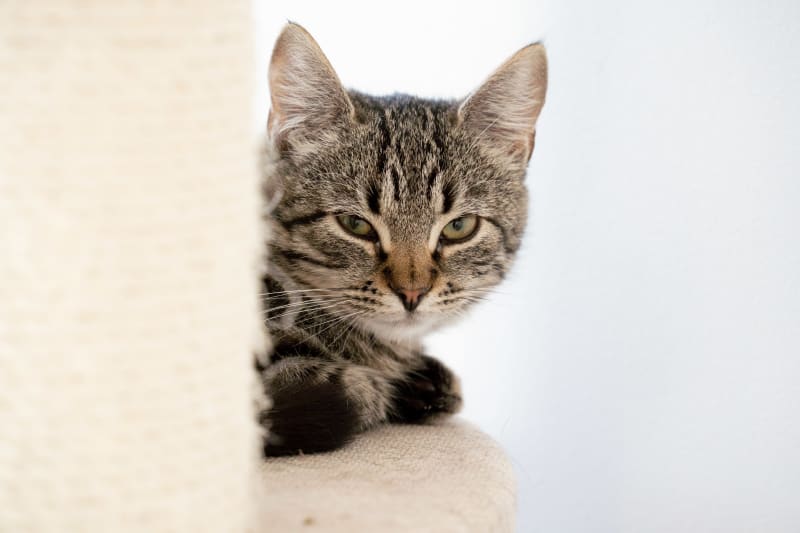According to Tukes, a cat can be poisoned by catching and eating mice that have ingested rodenticides containing alphachloralose.
In recent years, the Agency has received reports of dozens of poisonings of cats and a few of dogs. The suspected cause was an active substance called alphachloralose in rodenticides.
This suspicion has now been confirmed by a Nordic study that measured alphachloralose levels in blood samples from cats suffering from poisoning.
In the study, alphachloralosis was found in blood samples from all symptomatic cats. Tukes recommends avoiding the use of poisons containing alphachloralose.
The typical victim of poisoning is a cat that roams freely in the countryside and preys on mice. According to Tukes, a cat can become poisoned by catching and eating mice that have eaten rodenticides containing alphachloralose.
The most typical poisoning symptoms were tremors, balance disorders and hypersensitivity to touch. The majority of cats have recovered from poisoning within a couple of days. Some of the cats have died or had to be euthanized.
Dogs have also been poisoned
Other animals can also get poisoning symptoms if they eat mice poisoned with alphachloralose. Dog poisonings have also been reported to Tukes. In a third of these, the dogs have accidentally eaten alphachloralose preparations.
These poisoning situations could have been avoided by placing the poison baits out of reach of the dogs. In the remaining cases, the dog had eaten a rodent or the source of the poison is unknown.
Except for one case of poisoning of wild animals, there has been no report to Tukes. It is likely that they have gone undetected. In Finland, the authorities do not keep statistics on animal poisoning cases.
Because of the poisonings, Tukes has restricted rodenticides containing alphachloralose to professional pest control professionals and farmers with plant protection qualifications. The restrictions have been appealed to the administrative court, so they are not yet in effect.
How to fight mice without poisons
However, Tukes recommends avoiding these rodenticides. Rodents can be controlled without poisons.
First, you should make sure that there is no food available for the rodents. You should put the waste in waste containers with lids and store food so that rodents cannot get to them.
In winter, bird feeders also attract rodents, unless the food that has fallen to the ground is cleaned up regularly. If these measures do not help, rodents can be caught with traps.
According to Tukes, the rest of the rodenticides approved for consumer use contain brodifacoum, difetialon or flocumafen as active ingredients. According to Tukes, these preparations are also toxic to other animals if they get to eat bait or poisoned rodents.

